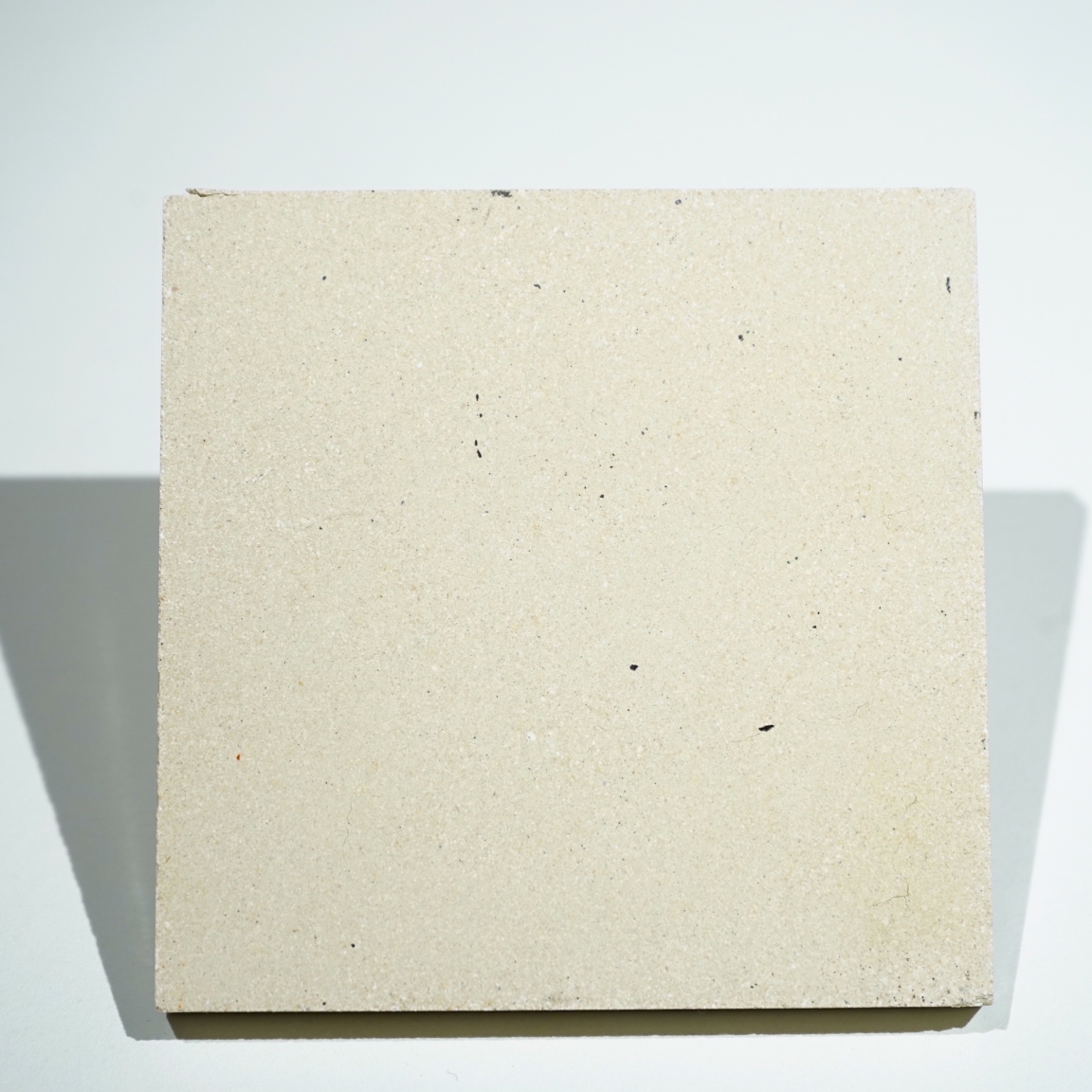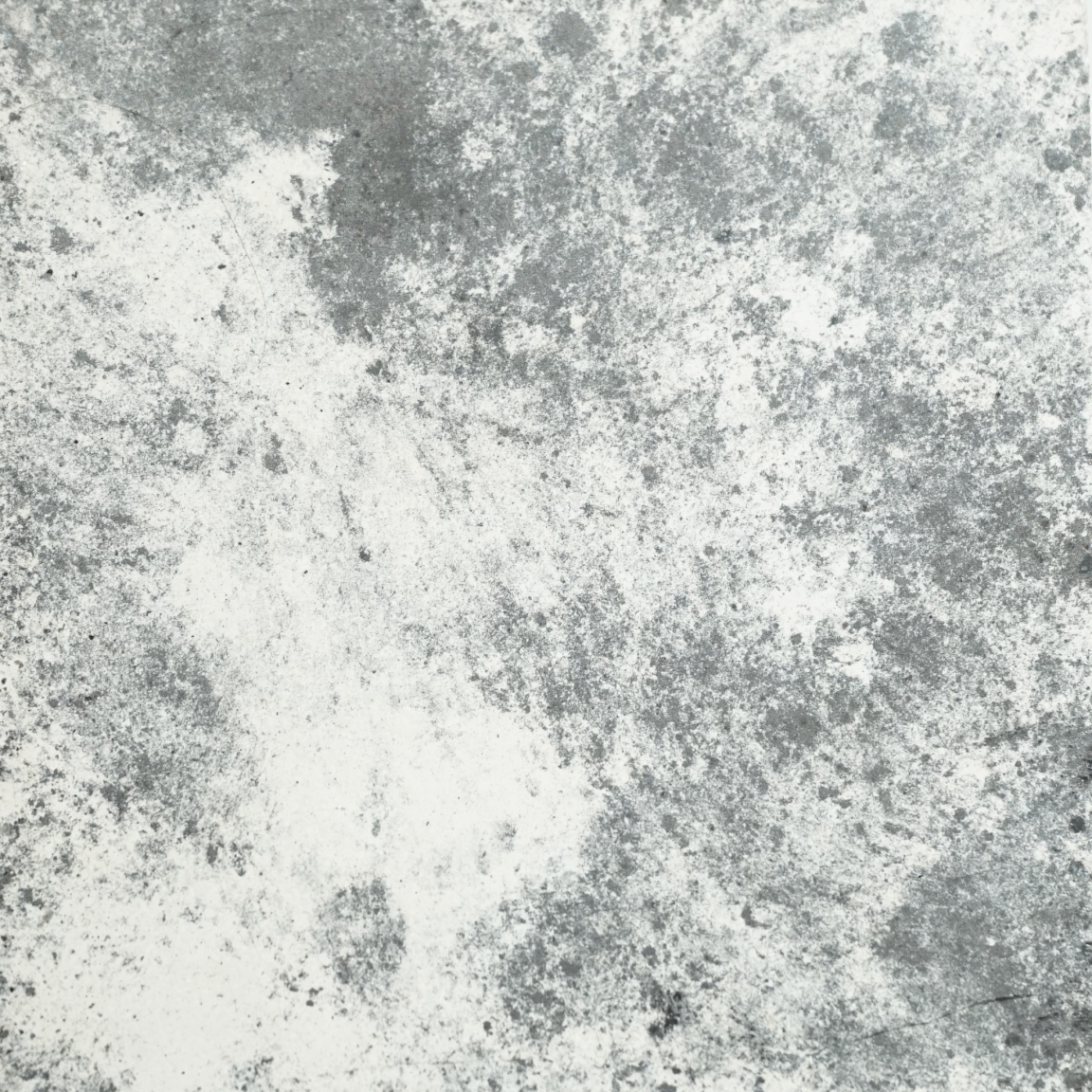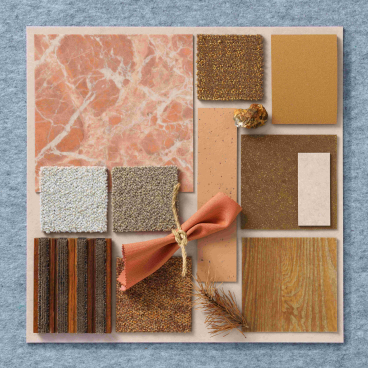19. DeakinBio - Sustainable tiles.

DeakinBio develops sustainable bio-based alternatives to decorative ceramic tiles.
Inspired by natural materials such as seashells, tooth enamel and pearl, these biomaterials consist of inorganic powders combined with biopolymer binders to produce bio-based composite (biocomposite) materials that look, feel and behave like ceramics.
The lead material, Eralith, consists of >95% calcium sulphate obtained from recycled plaster combined with an organic binder obtained from brewery waste. This means each square meter produced diverts a significant amount of waste from landfill, whilst also having a much lower carbon footprint compared to ordinary ceramic tiles.
Designer: DeakinBio
Project: Sustainable tiles
Material Breakdown: Est 95% inorganic powders such as calcium sulphate (obtained from recycled plaster), bio-based binder obtained from algae (Cyalith), chickpeas (Fabalith) or brewery waste (Eralith)
Main Uses: Interior wall tiles for the commercial sector
Key Fact: 14 kg of waste diverted from landfill for every sqm of Eralith produced. 94% lower carbon footprint compared to ordinary ceramic tiles (based on independent LCA assessment).






